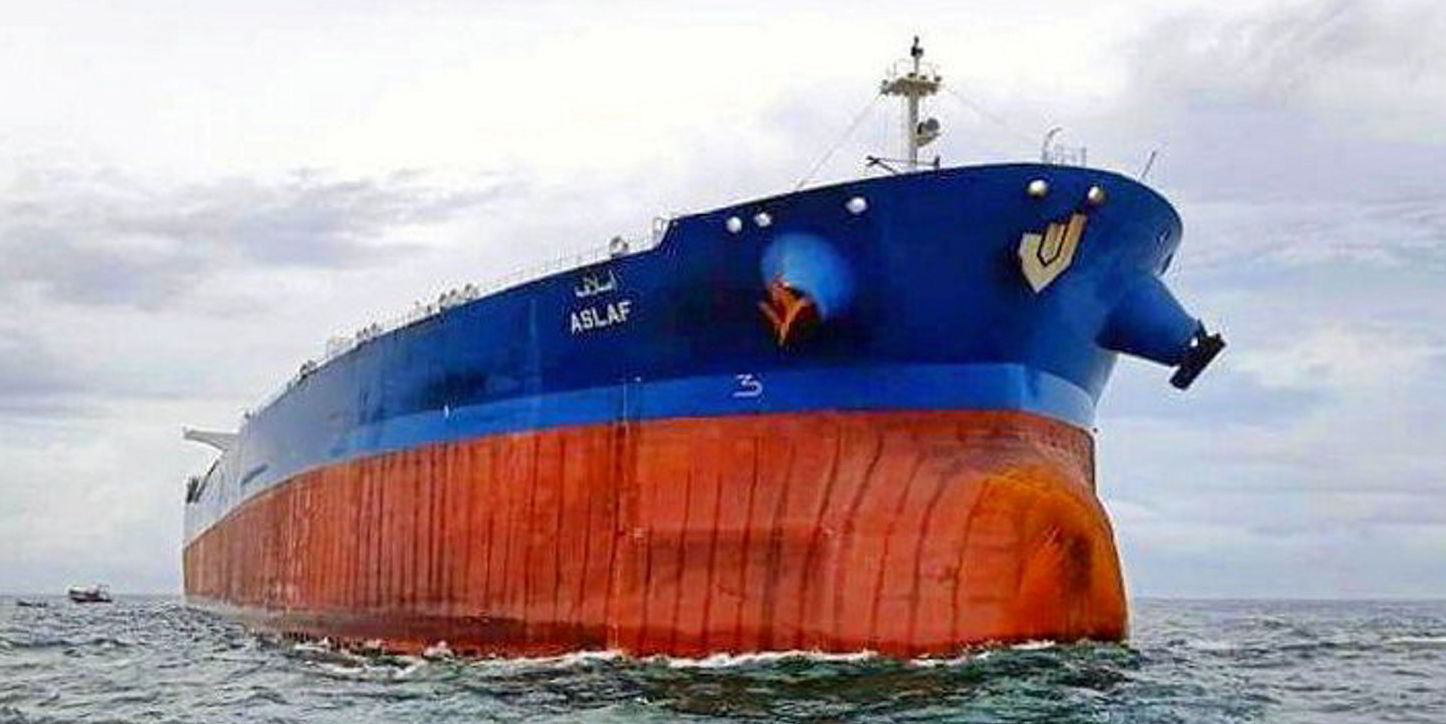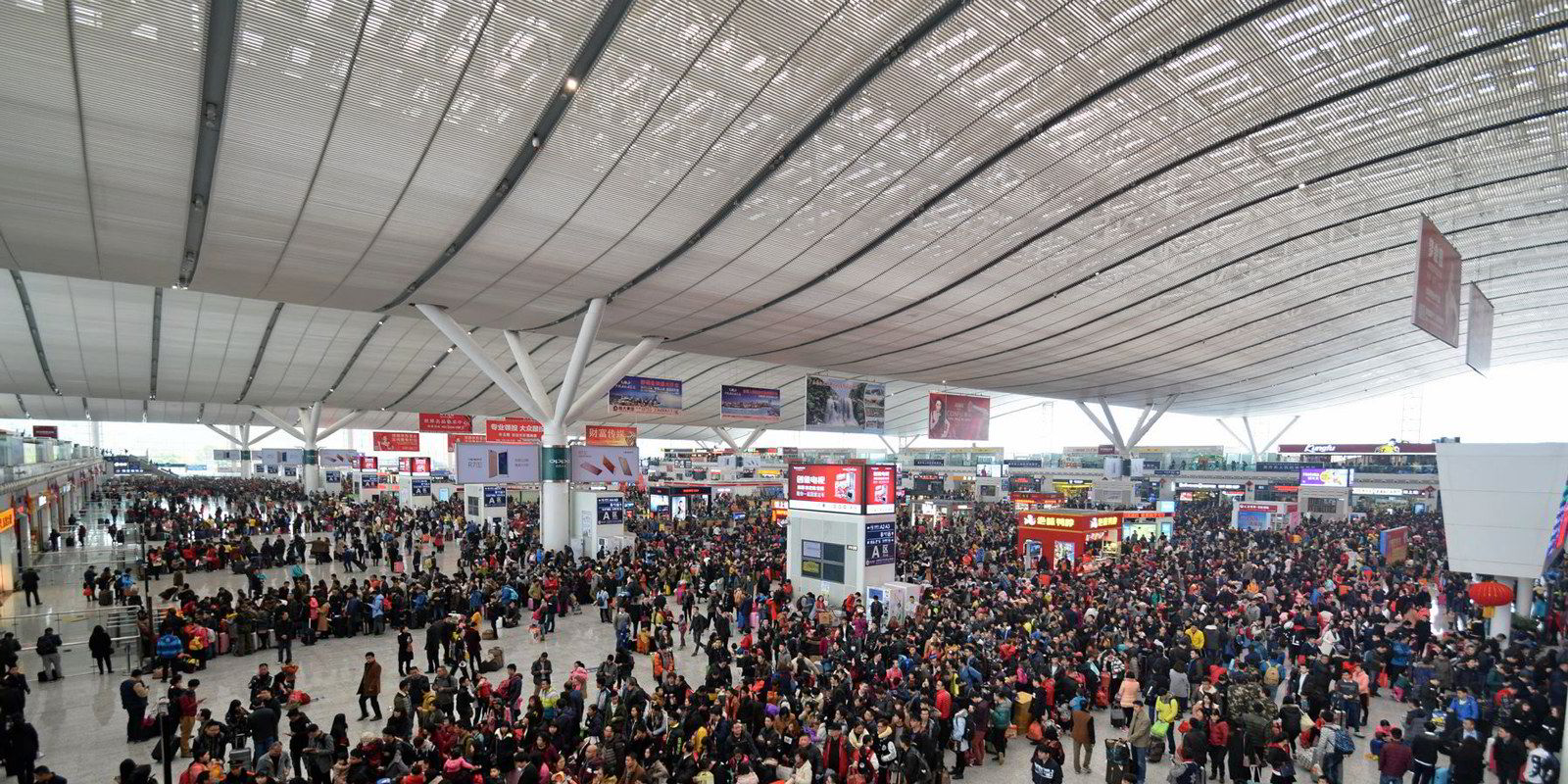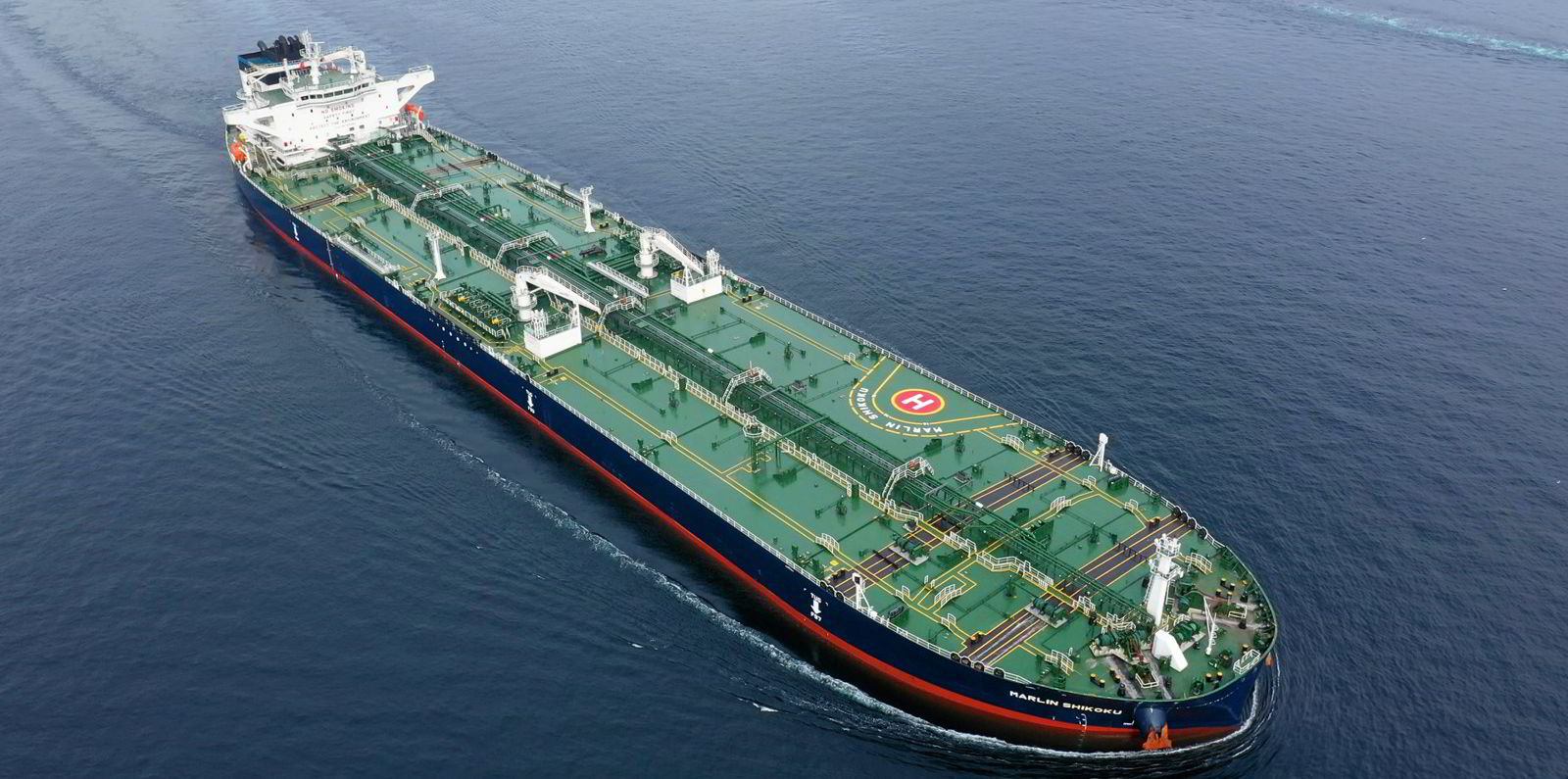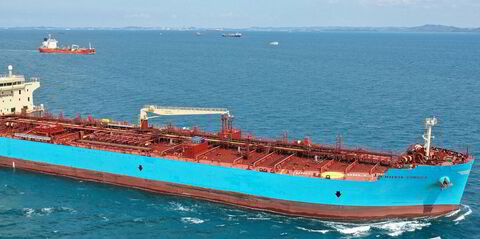Bahri, one of the world’s largest VLCC operators, saw its net profit climb by 153% in 2020 on the back of strong tanker rates for much of the year.
The Riyadh-based conglomerate made a net profit of SAR 1.6bn ($427m) on revenues that increased by 28% to SAR 8.4bn.
It described this as a “whopping increase” over the SAR 621m net profit earned in 2019.
Chief executive Abdullah Aldubaikhi said: “Undeterred by the Covid-19 pandemic, Bahri continued to run its operations effectively, leveraging the power of its resilient business model and technology, and pushed on with its diversification plans and capacity-building programmes.
“It is our perseverance and unyielding commitment to offering excellent and uninterrupted service to our customers around the world — even in the face of uncertainties and crises — that helped us navigate challenges and drive growth in annual revenues and profitability.”
While Aldubaikhi spoke of 2020 in glowing terms, he also explained how the company intends to build on last year’s successes and capitalise on new and emerging opportunities in the market to meet its objectives this year.
The 2021 challenge

However, he also sounded a cautionary note about how the tanker sector has fared since the fourth quarter of 2020.
“The company’s profitability came under tremendous pressure in the fourth quarter from the significant decline in time-charter equivalent prices as compared to the previous quarters,” he explained.
During the final three months of 2020, Bahri’s revenue declined by 35% to SAR 1.3bn, from SAR 1.9bn in the corresponding period in 2019.
Net profit fell by 69% to SAR 77.5m, compared with SAR 249m earned in the fourth quarter of 2019.
Bahri is heavily exposed to the VLCC sector, with the type making up nearly half of its mixed fleet of 89 tankers, bulkers and ro-ro vessels.
So far, VLCC rates have shown little sign of improving and the market outlook remains grim.
Analysts, brokers and owners recently described rates as “disastrous” and the market as a “bloodbath”.
In January, Joakim Hannisdahl, head of research at Cleaves Securities, told TradeWinds that he foresaw the weak market persisting until around October.





